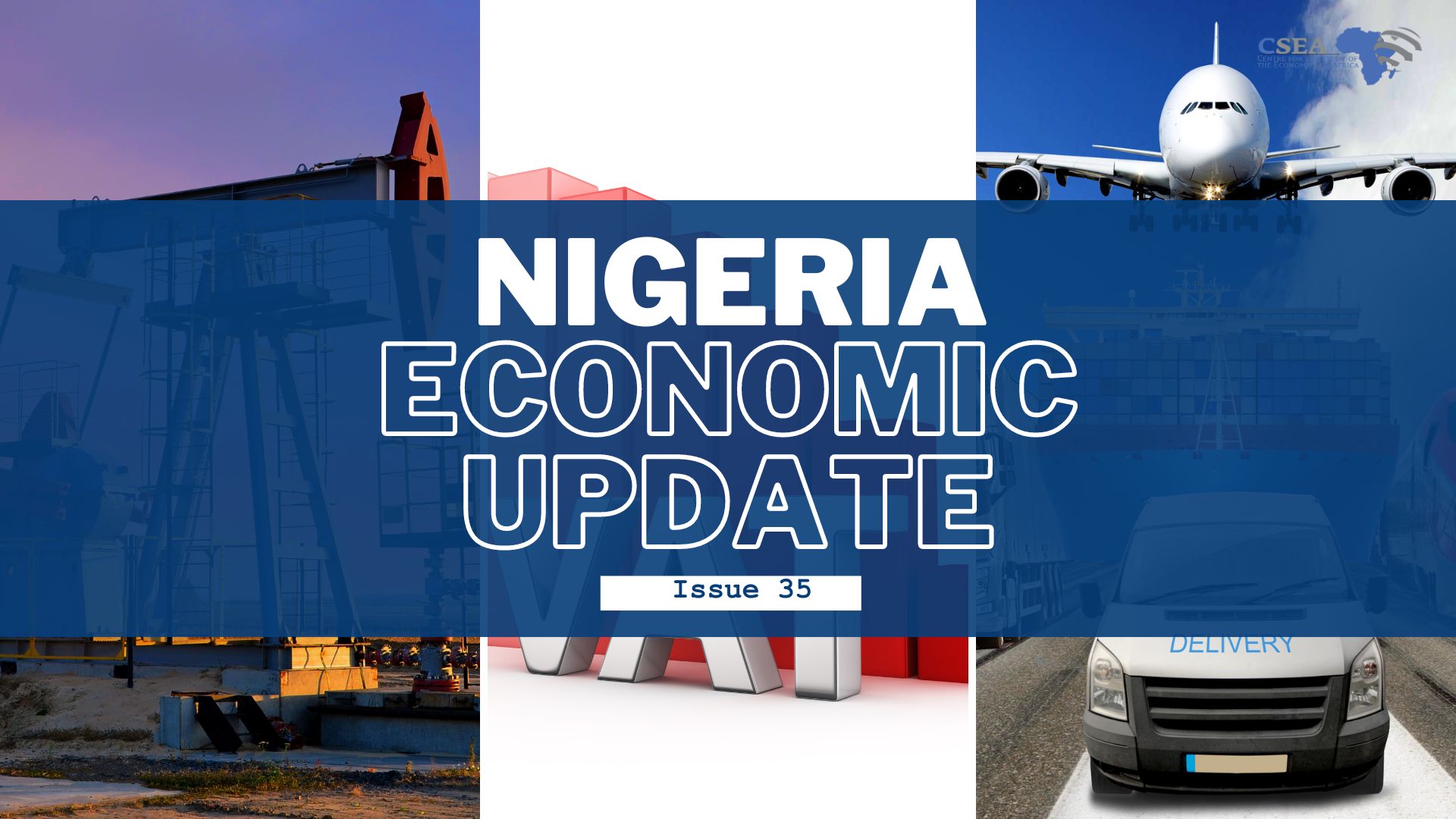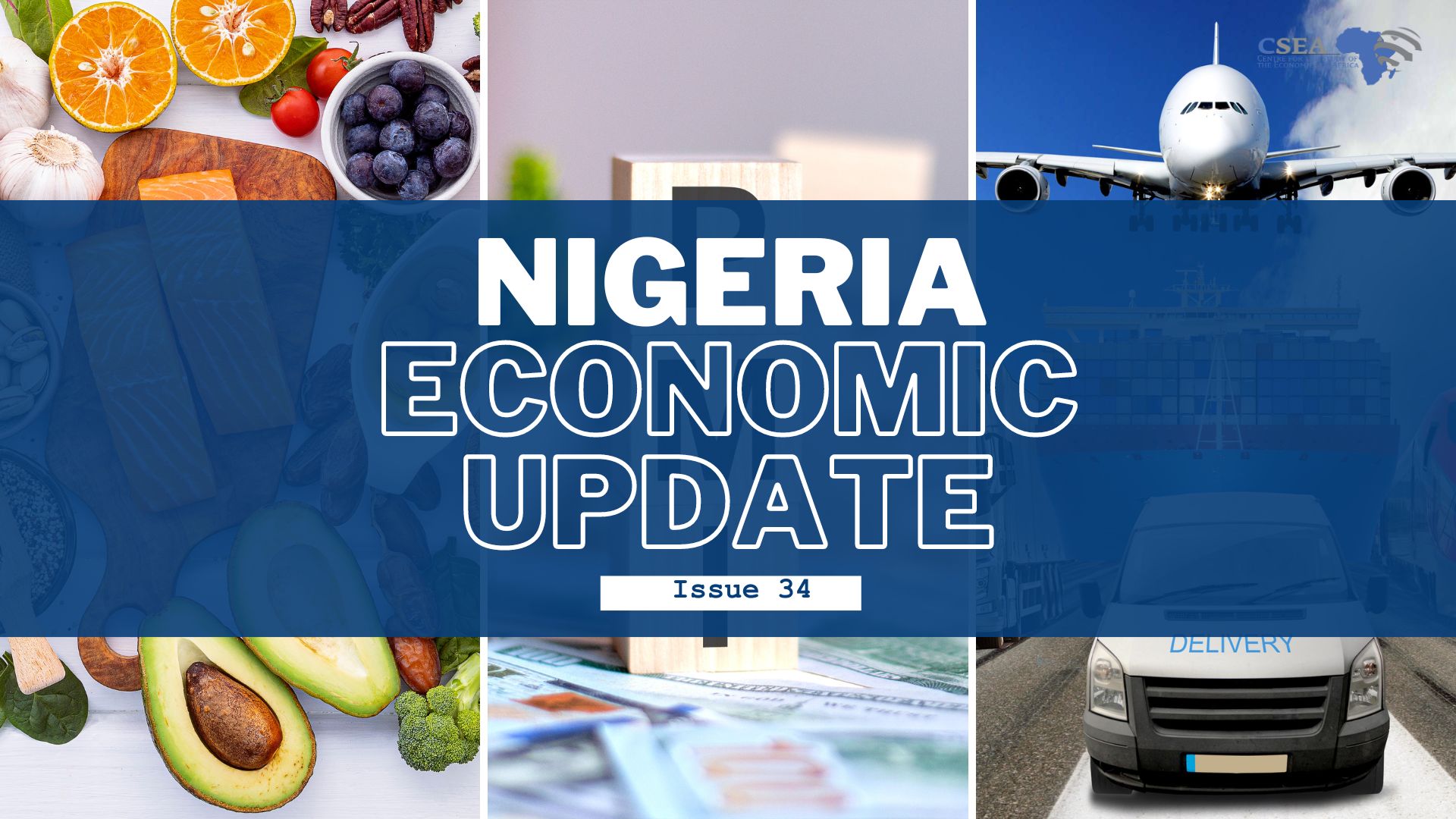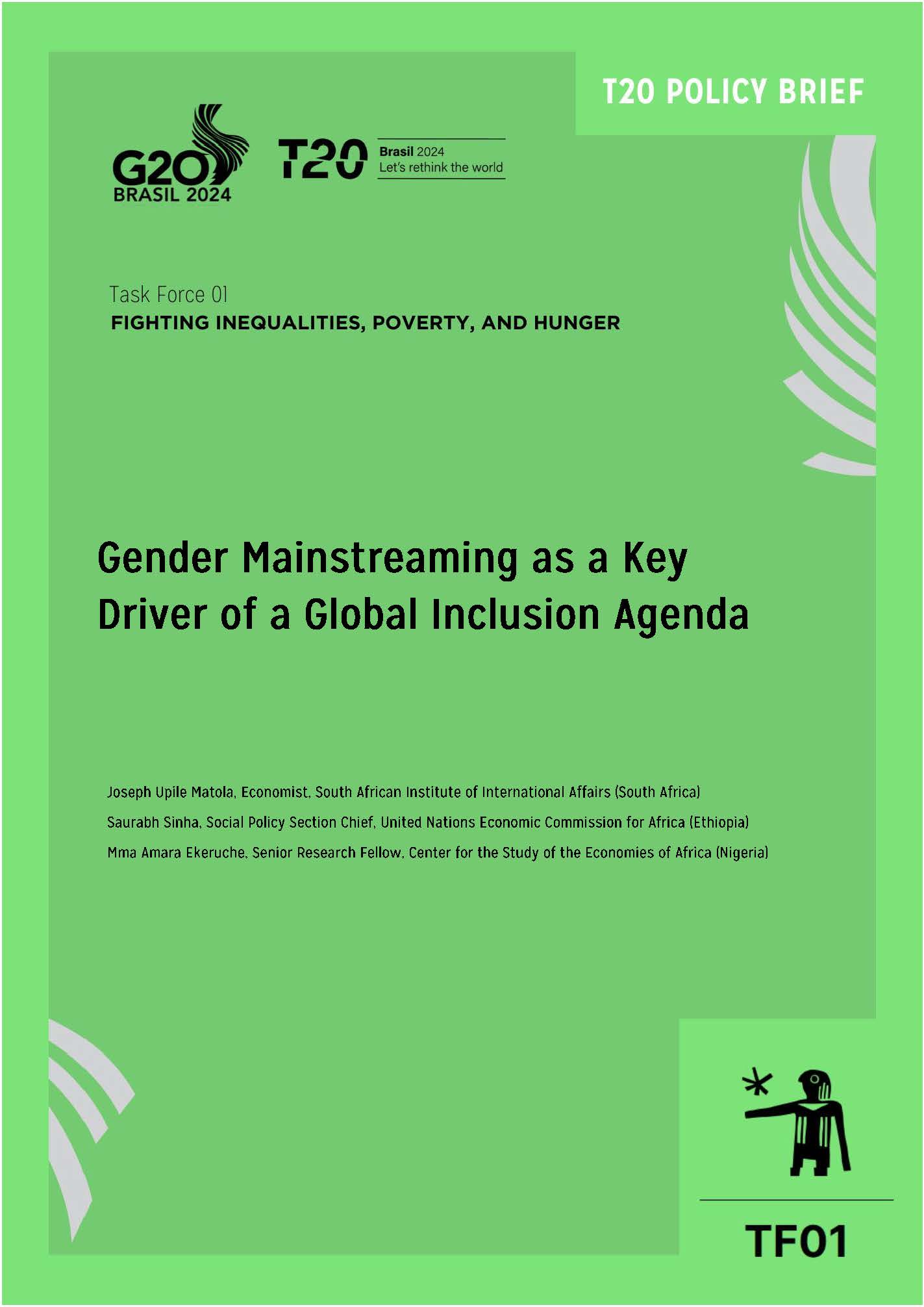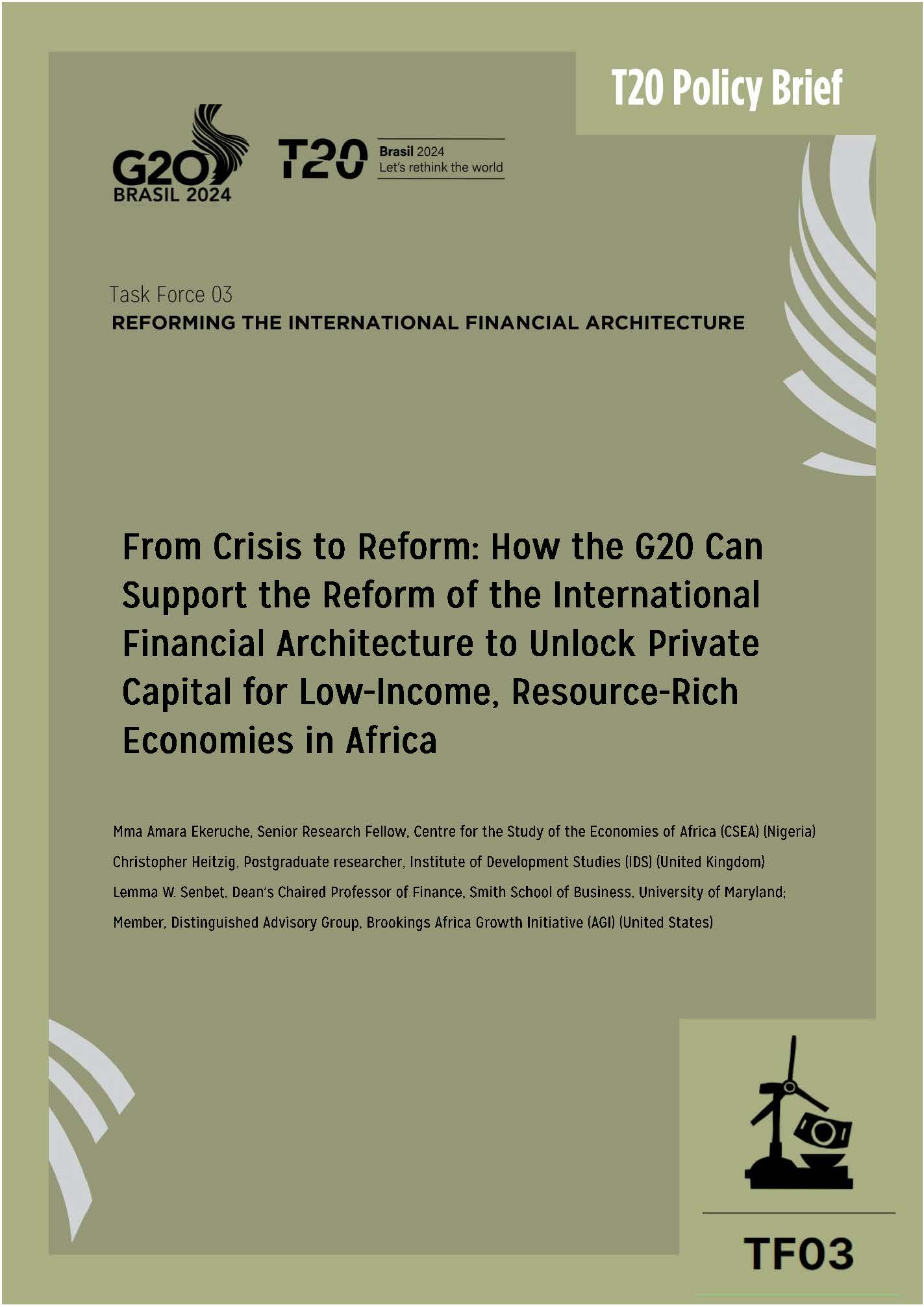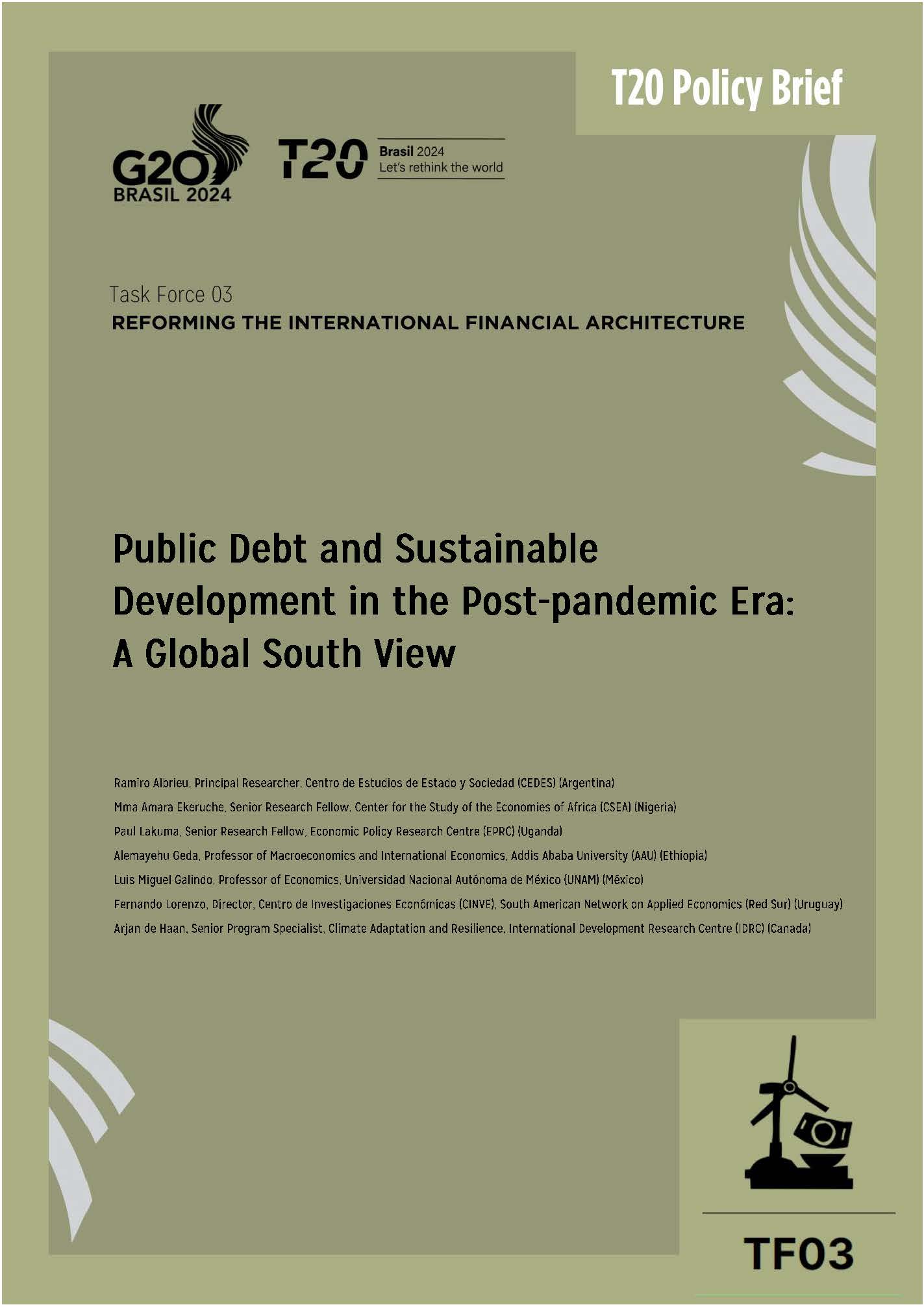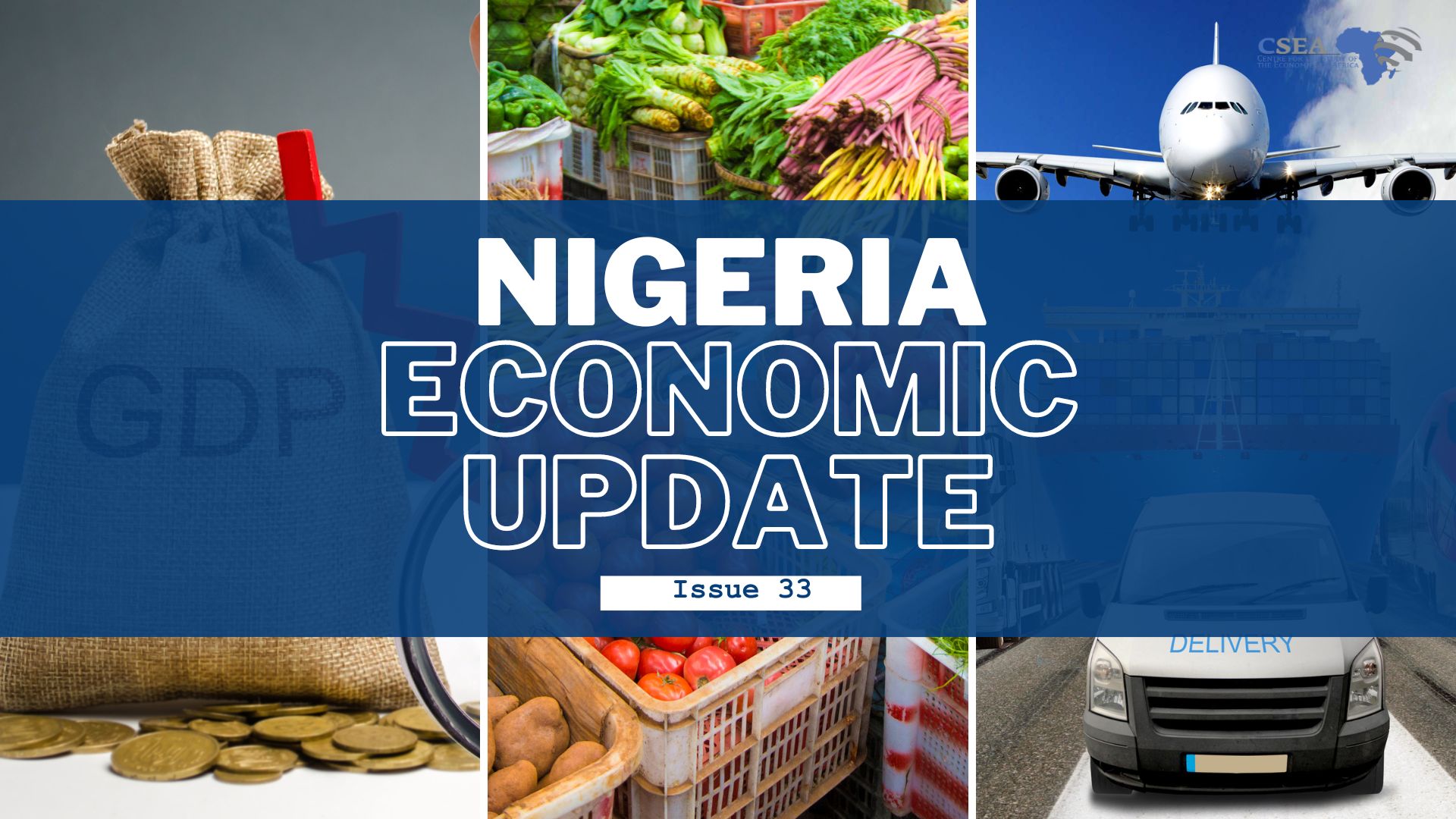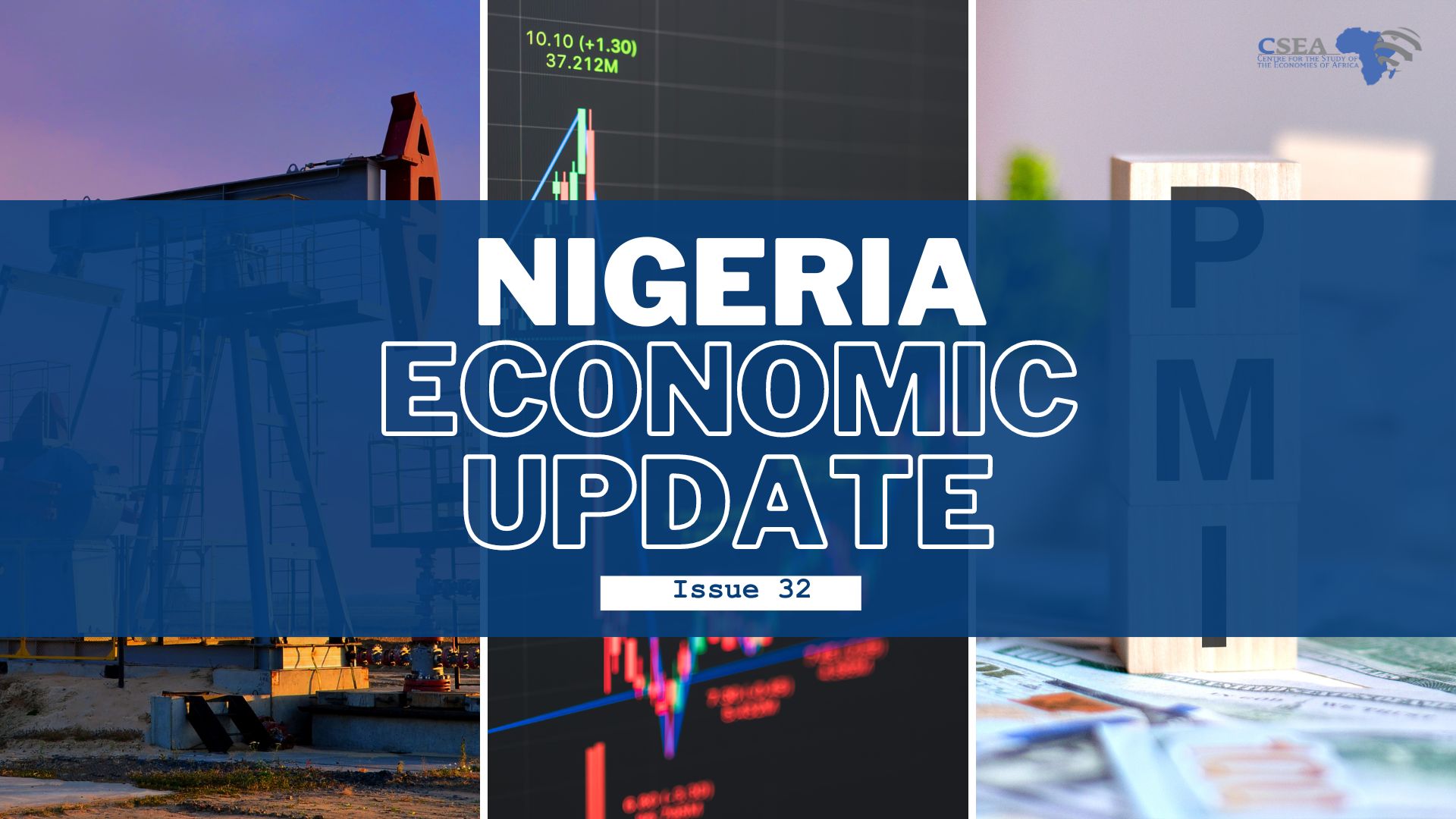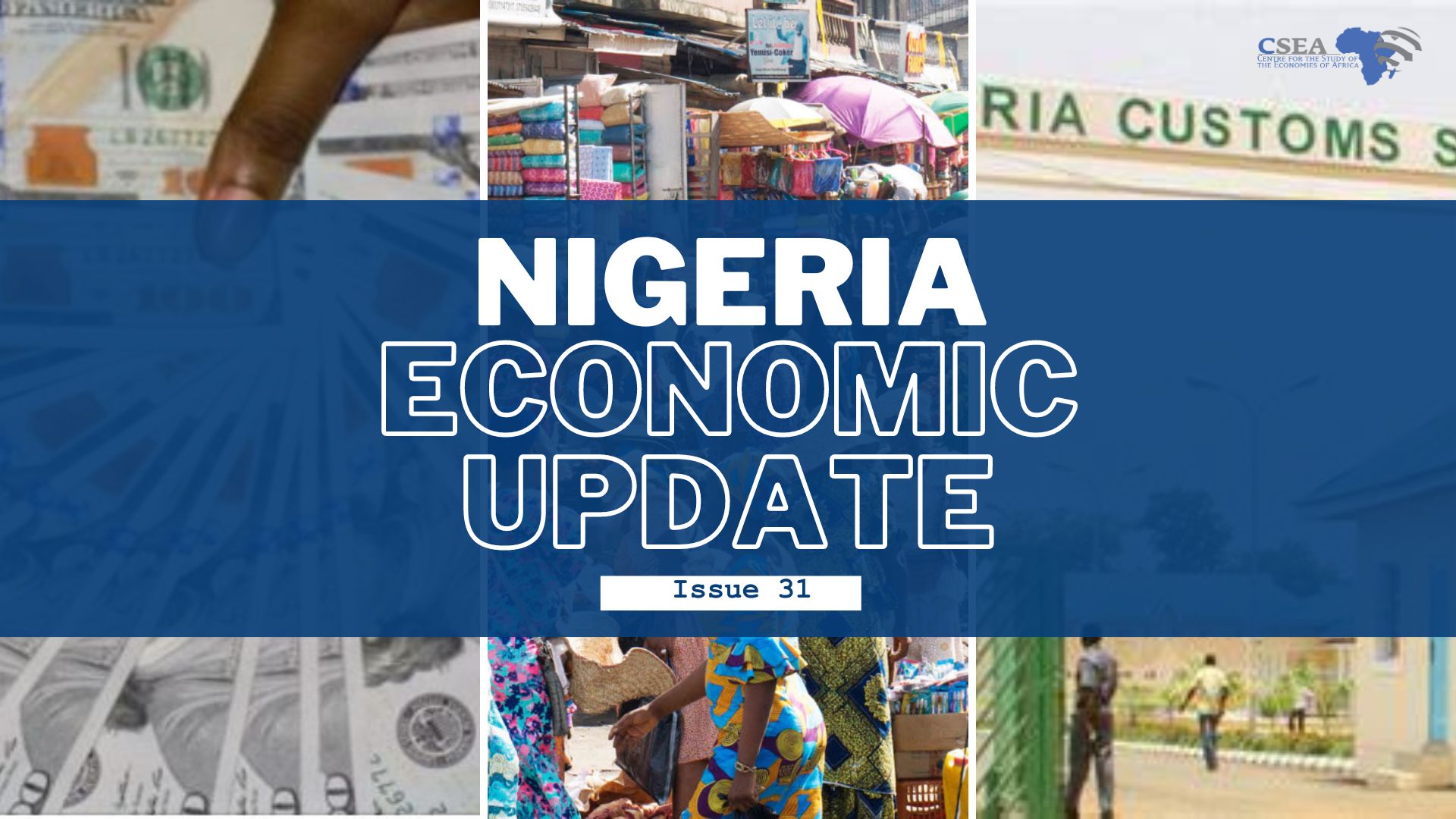Simulating the effect of counterfactual changes in religious tourism on economic growth in Saudi Arabia
With the widening saving-investment gap and the limited domestic financial resources to drive development imperatives in Sub-Saharan Africa (SSA), foreign direct investment (FDI) is considered a viable and sustainably promising option for boosting employment generation and closing gender gaps in employment. This paper provides critical insights into the gender and age-based employment effect of FDI in SSA and the role of institutional quality in shaping the relationship. The two-step generalized method of moments modelling framework was adopted to analyse relevant data of 29 SSA countries over the 2000-2021 period. The results revealed that FDI has a significant employment-enhancing effect irrespective of gender and age considerations. We also find that institutional quality amplifies this effect. Efforts should, therefore, be concentrated on improving institutional quality, the success of which will appeal to foreign investors and attract more foreign investments.
AUTHORS:Isiaka Akande Raifu, Joshua Adeyemi Afolabi, Abdulkhalid Anda Salihu


 English
English
 Arab
Arab
 Deutsch
Deutsch
 Português
Português
 China
China

